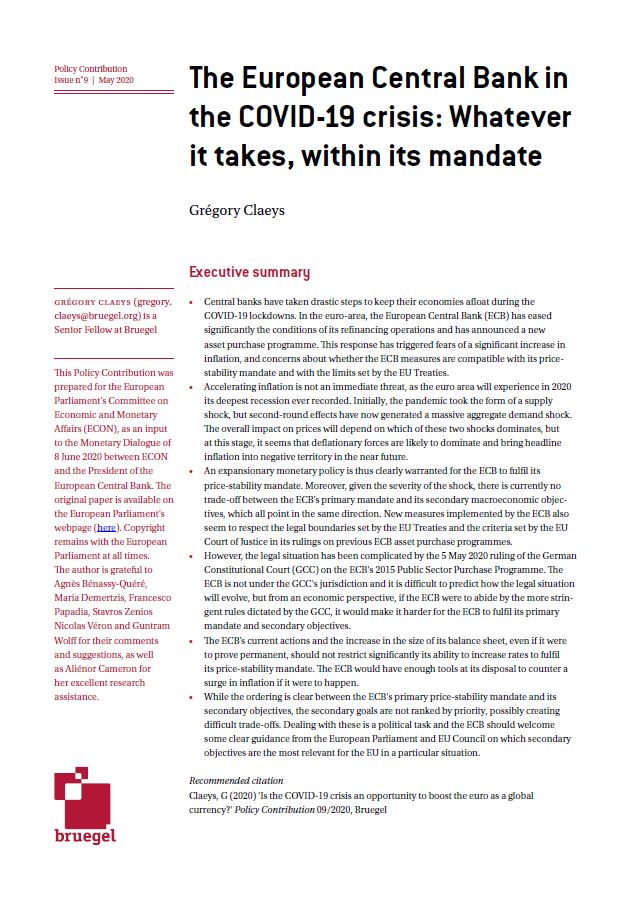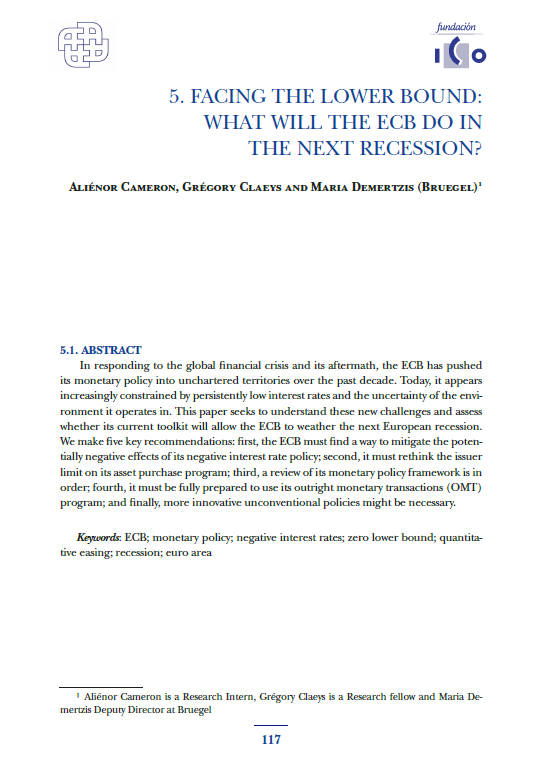Credible emerging market central banks could embrace quantitative easing to fight COVID-19
Emerging economies are fighting COVID-19 and the economic sudden stop imposed by the containment and lockdown policies, in the same way as advanced economies. However, emerging markets also face large and rapid capital outflows as a result of the pandemic. This column argues that credible emerging market central banks could rely on purchases of local currency government bonds to support the needed health and welfare expenditures and fiscal stimulus. In countries with flexible exchange rate regimes and well-anchored inflation expectations, such quantitative easing would help ease financial conditions, while minimising the risks of large depreciations and spiralling inflation.
By: Gianluca Benigno, Jon Hartley, Alicia García-Herrero, Alessandro Rebucci, Elina Ribakova and alihan
Topic: Global economy and trade
Date: July 6, 2020



















